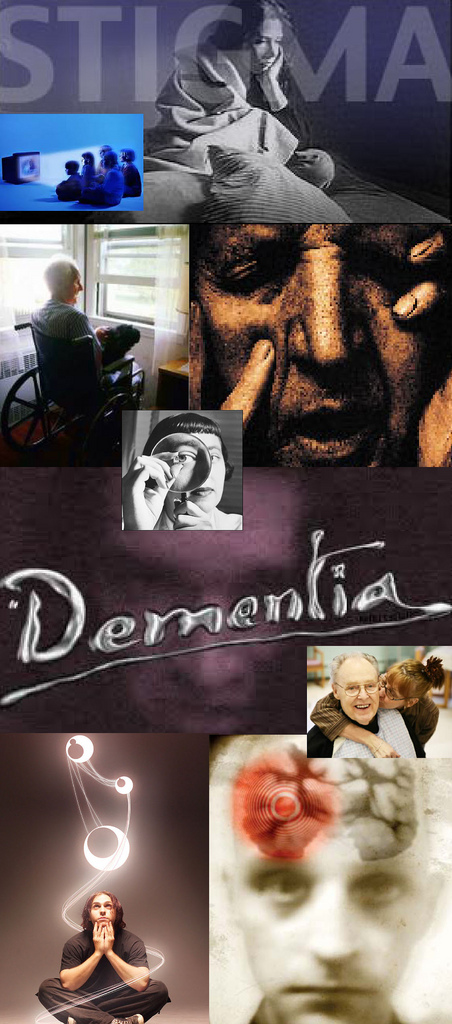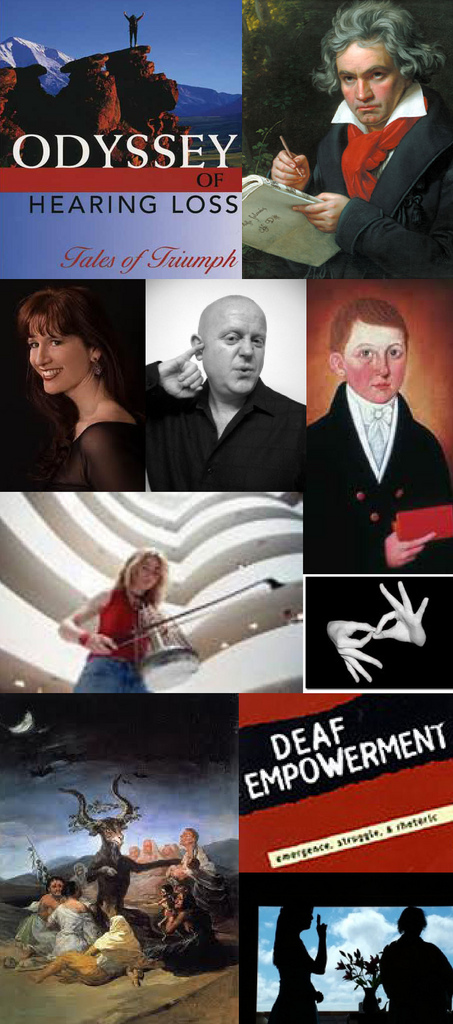aging
Arthritis Hall of Fame
What is Arthritis?
Arthritis is a group of conditions, (there are over 100 different forms of arthritis), involving damage to the joints of the body. Arthritis is more common in women than men at all ages and affects all races, ethnic groups and cultures.
Arthritis is the most common cause of disability in the USA. More than . . . Read More »
Blind/Low Vision Hall of Fame
What is a Vision Disability?
The number of different conditions that can affect a person’s eyesight are varied in the way they do affect the person’s daily life. Some of these conditions have a minor affect, while others may have a larger affect.
Various conditions require only eyeglasses or contact lenses in order to correct the person’s . . . Read More »
Dementia Hall of Fame
What is Dementia?
Dementia is the progressive decline in cognitive function due to damage or disease in the body beyond what might be expected from normal aging.
Although dementia is far more common in the geriatric population, it may occur in any stage of adulthood. This age cutoff is defining, as similar sets of symptoms due . . . Read More »
Depression Hall of Fame
What is Depression?
Depression may be described as feeling sad, blue, unhappy, miserable, or down in the dumps. Most of us feel this way at one time or another for short periods. True clinical depression is a mood disorder in which feelings of sadness, loss, anger, or frustration interfere with everyday life for a long period . . . Read More »
Dyslexia Hall of Fame
What is a Dyslexia?
As with other learning disabilities, dyslexia is a lifelong challenge that people are born with. This language processing disorder can hinder reading, writing, spelling and sometimes even speaking.
Dyslexia is not a sign of poor intelligence or laziness.
It is also not the result of impaired vision. Children and adults with dyslexia simply . . . Read More »
Epilepsy Hall of Fame
What is a Epilepsy?
Epilepsy is a chronic disorder, the hallmark of which is recurrent, unprovoked seizures. Many people with epilepsy have more than one type of seizure and may have other symptoms of neurological problems as well.
Sometimes EEG testing, clinical history, family history and outlook are similar among a group of people with epilepsy. In . . . Read More »
Hearing Loss Hall of Fame
What is difference between Hearing Loss and Deaf?
The deaf and hard of hearing community is diverse.
There are variations in the cause and degree of hearing loss, age of onset, educational background, communication methods, and how individuals feel about their hearing loss.
How people “label” or identify themselves is personal and may reflect . . . Read More »
Mental Illness Hall of Fame
What is Mental Illness?
A mental illness is a medical condition that disrupts a person’s thinking, feeling, mood, ability to relate to others and daily functioning.
Just as diabetes is a disorder of the pancreas, mental illnesses are medical conditions that often result in a diminished capacity for coping with the ordinary demands of life.
Serious mental illnesses . . . Read More »
Mood Challenges Hall of Fame
What is a Mood Disorder?
Affective disorders are a set of psychiatric diseases, also called mood disorders.
The main types of affective disorders are depression, bipolar disorder, and anxiety disorder. Symptoms vary by individual, but they typically affect mood.
They can range from mild to severe.
A psychiatrist or other trained mental health professional can diagnose an . . . Read More »
Parkinson’s Hall of Fame
What is Parkinson’s Disease?
Parkinson’s disease (PD) is a chronic and progressive movement disorder, meaning that symptoms continue and worsen over time.
Nearly one million people in the US are living with Parkinson’s disease. The cause is unknown, and although there is presently no cure, there are treatment options such as medication and surgery to manage its . . . Read More »











